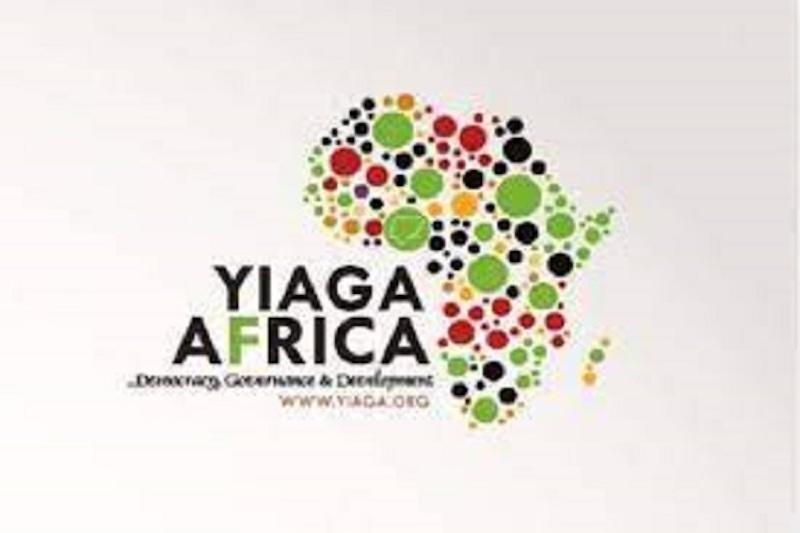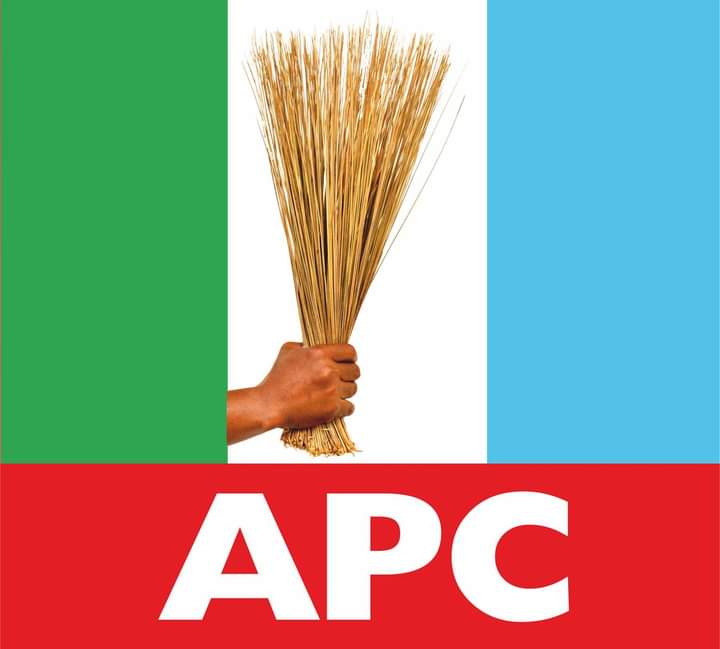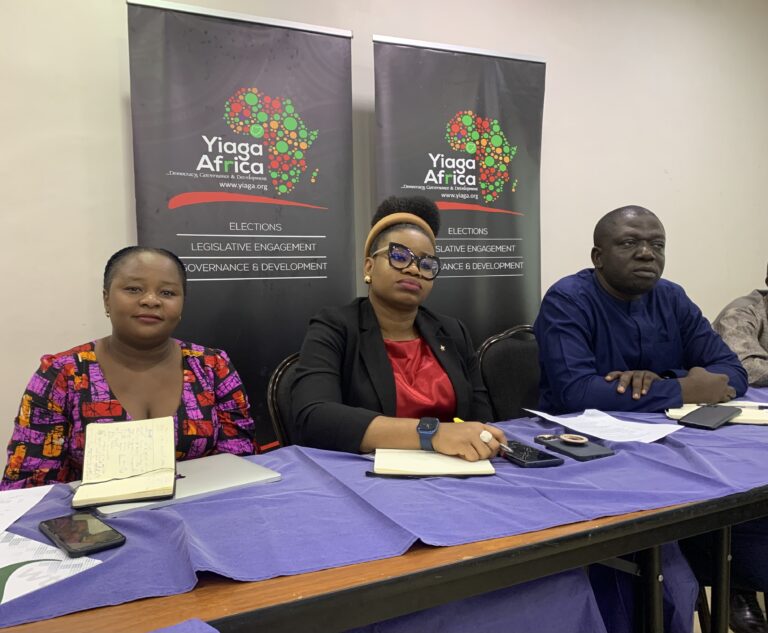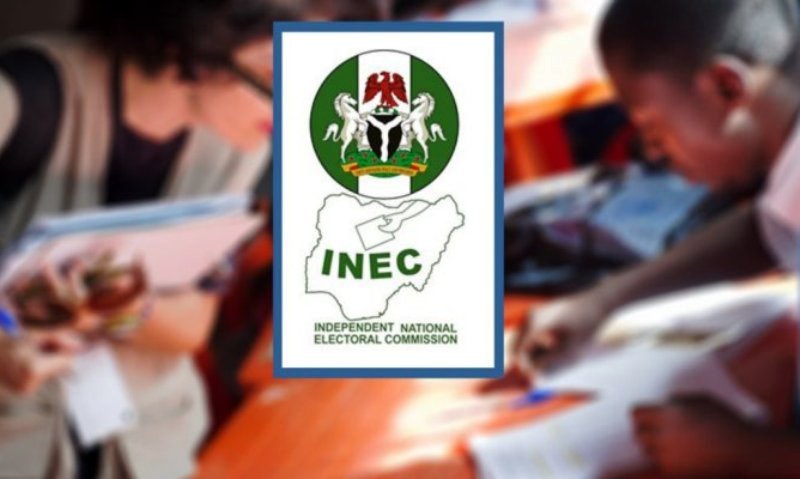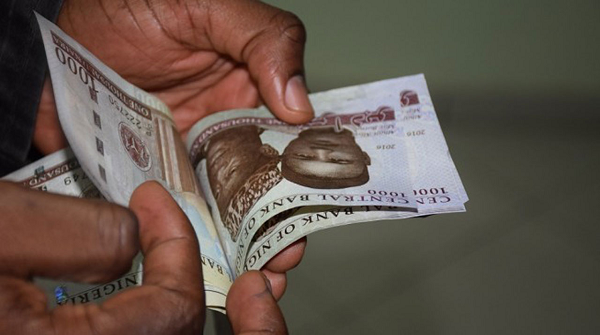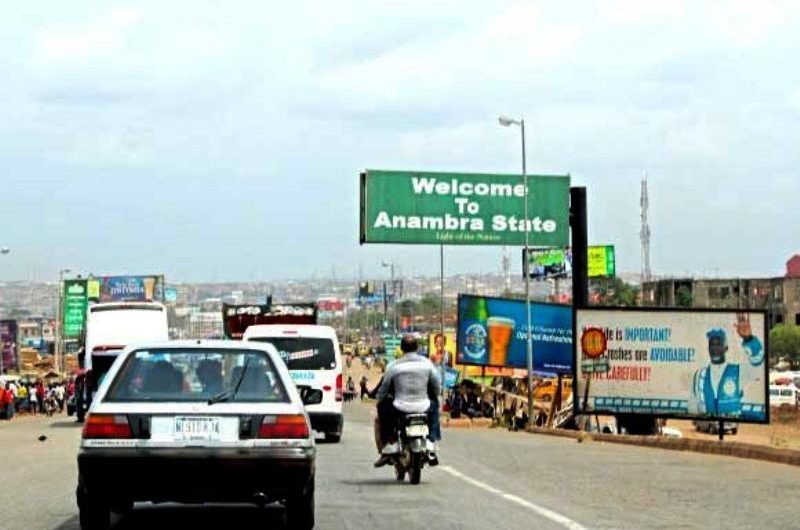A civil society organisation, Yiaga Africa, has kicked against a bill before the National Assembly seeking to introduce compulsory voting in Nigeria and prescribe six months jail term for any eligible voters who refuses to vote.
Executive Director of the NGO, Mr Samson Itodo, in a statement issued on Friday in Abuja, described the bill as draconian.
He acknowledged the fact that the bill was conceived as a legislative intervention to address what he called an abysmally low voter turnout in the county.
Itodo also said that the rationale behind the bill was to address one of the biggest challenges in Nigeria’s electoral
system.
He, however, said that the strong-arm approach adopted by the bill was draconian and that constituted a gross violation of constitutionally-guaranteed fundamental human rights.
Indeed, the right to abstain from voting is itself a legitimate form of political expression protected under domestic and international human rights law.
“Voter turnout in Nigeria has fluctuated significantly over the years, reflecting a complex interplay of political and systemic factors that
influence electoral participation.
“In 1979, turnout stood at 34.6 per cent, increasing slightly to 38.9 per cent in 1983 and holding at 35 per cent in 1993.
“A notable surge occurred in 1999 with a turnout of 52.3 per cent, followed by a peak in 2003 when 69.1 per cent of registered voters participated,” he recalled.
Itodo noted that the upward trend, however , got reversed in subsequent elections, 57.5 per cent in 2007, 53.7 per cent in 2011, 43.7 per cent in 2015, 34.7 per cent in 2019 and a historic low
of 27.1 per cent in 2023.
According to him, the sharp decline has positioned Nigeria as the largest democracy in Africa with the lowest voter turnout.
“Democracy thrives on freedom which includes the choice to participate or abstain from voting.
“Compulsory voting undermines this democratic freedom and punitive sanctions for not voting erodes the foundational principles of voluntary democratic engagement.
“The bill, in its entirety, fails to address the drivers of voter apathy, such as distrust in the electoral process, election manipulation and poor governance.
Rather han compelling voting, Itodo said that the national assembly should prioritise electoral reforms that would rebuild public trust, improve election integrity and remove structural and systemic barriers to participation.
“These include reforms that guarantee mandatory electronic transmission of results, review of the mode of appointments into INEC, early voting, diaspora voting and improved transparency in the management of elections,” je said.
The executive director said that voter apathy should not be addressed with imposing punishment for not but through trust, electoral justice and accountability.
He, therefore, urged the national assembly to reject the proposed bill and channel its legislative efforts toward passing the electoral amendment that would expand access to voting, guarantee electoral transparency and protect the political rights of Nigerians.

